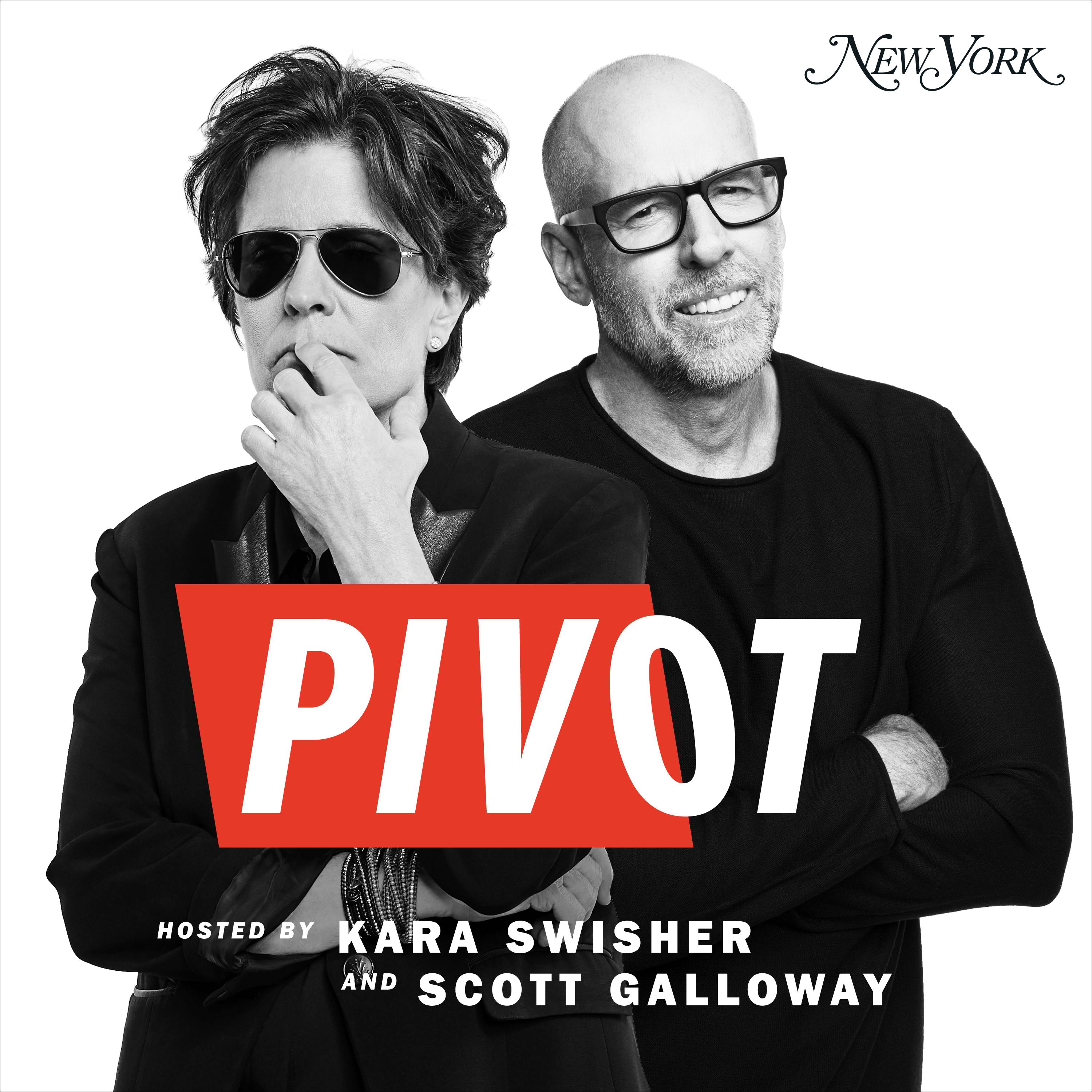PortalsOS
Related Posts
Vote to see vote counts

AI is not currently replacing jobs as expected. Rising unemployment is observed in jobs that use AI less, while jobs that use AI more have low unemployment rates.
The future of AI could involve firms being largely run by AI, with human boards of directors overseeing operations, leading to a shift in how businesses are managed.

The cost of running AI systems is much lower than the cost of human labor, which may drive further automation and economic shifts.

If companies are tripling down on an AI investment, that money has to come from somewhere. They're making a calculated choice about where to invest, and they're choosing robots over people.

AI's ability to perform menial tasks could free humans from undesirable jobs, but it also poses a risk of widespread job displacement.

AI's ability to handle intermittent demand and demoralizing jobs makes it a valuable tool for businesses facing fluctuating workloads.
AI can now perform tasks that were previously human-exclusive, leading to potential job displacement.

95% of companies aren't seeing the ROI from their AI investments. If they start scaling back, it could trigger a massive downturn.
AI is not yet replacing jobs, as unemployment is rising among jobs that use AI less, while jobs that use AI have low unemployment rates.
AI isn't replacing jobs yet, as unemployment is low among jobs that use AI, while rising in jobs that don't.